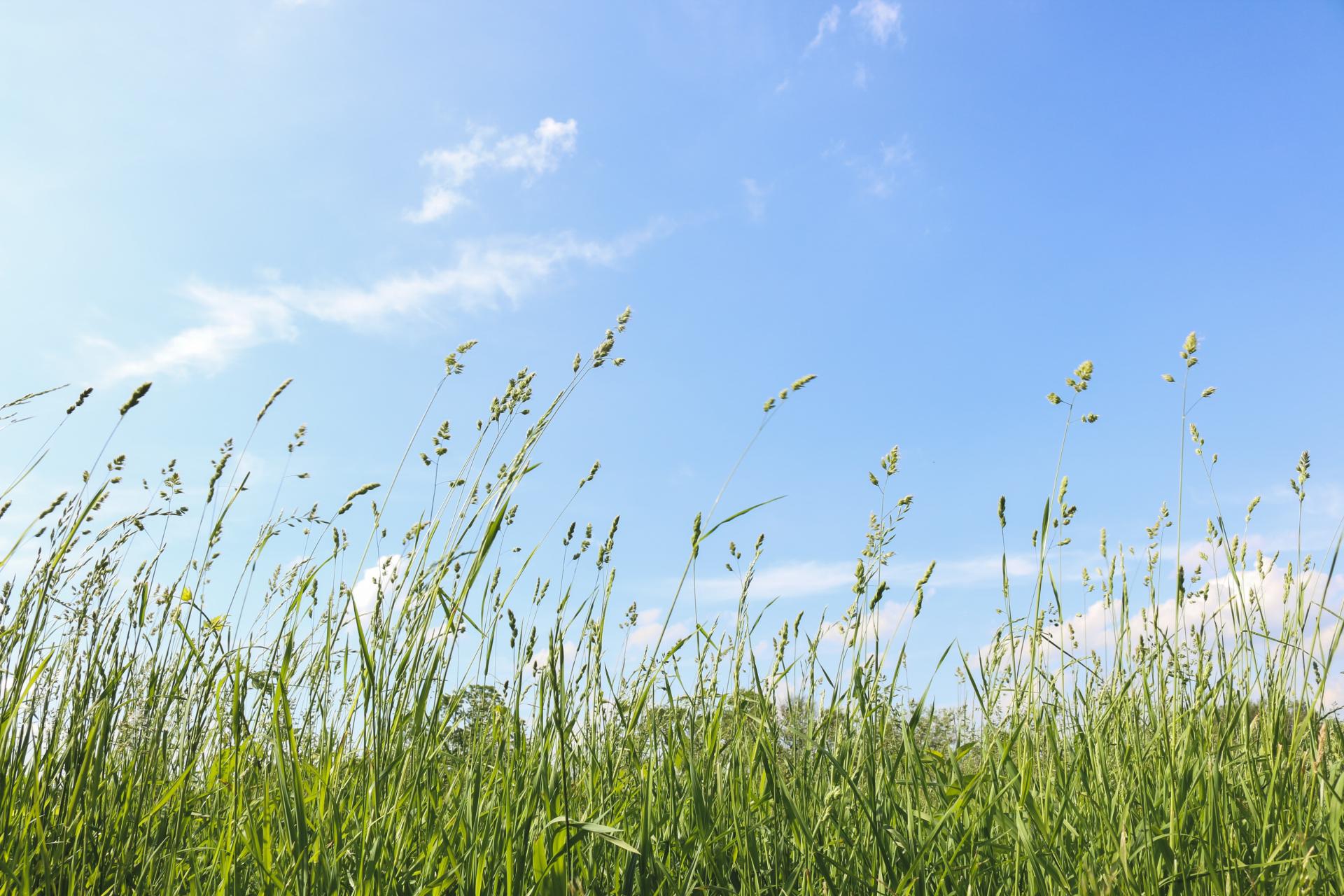You are here
Be a Better Gardener: If Necessary, Demand a Precise Definition of ‘Weed’
Be a Better Gardener: If Necessary, Demand a Precise Definition of ‘Weed’
By Thomas Christopher
You think you’ve done the right thing. You removed that backyard biological desert, your fertilizer and herbicide hungry lawn. In its place, you planted a meadow of native grasses and wildflowers to nourish bees, butterflies, and other pollinators. You are savoring the resulting explosion of flowers, when out of the blue you receive a notice of violation from your town government or homeowners association. It seems that you have violated the community’s “weed ordinance.” If you don’t mow down your fledgling meadow, you are going to be the target of fines or even a trip to court. Or the town may resort to direct action, sending a crew to mow your yard, with the bill for this unwelcome action sent to you.
Believe it or not, this happens all the time, even in this era of new-found appreciation for the ecological value and beauty of native plants. How can you fight city hall?
It’s not hard, says Rosanne Plante, an Iowa attorney who consults for the Wild Ones, a national organization founded to promote landscaping with native plants that maintains chapters from New England to the state of Washington. It’s worth noting that such ordinances are as common in blue states as red, though the mood of the community may lead to its version remaining unenforced. I was surprised, for example, to learn that Middletown, Conn., the little city where I spend my weekdays (weekends I spend in the woods of western Massachusetts) has just such an ordinance, although it has never chosen to cite my tiny front yard with its display of tall grasses and wildflowers.
Still, I wondered what I would do if Middletown ever changes its policy, and so I called Rosanne. She replied that the very first thing that the target of such action should do is simply to read the relevant law. Typically, she explained, the relevant ordinance has been composed by someone with no knowledge of plants or landscaping. The Middletown ordinance, for example, forbids “grass or weeds that have reached a height greater than eight inches.”
The problem with this language is obvious. Although clearly intended to enforce the maintenance of traditional lawns, the ordinance, if strictly enforced, would make the cultivation of even a traditional garden difficult. In addition, there is no definition in the ordinance of what constitutes a weed. In other words, the decision to enforce is completely subjective. If your neighbor with a perfectly groomed sward of bluegrass does not like the more biodiverse plantings you install, he or she can call the town and instigate an inspection. Sioux City, Iowa, where Rosanne served as assistant city attorney, used to hire students from the lawn enforcement program at a local college to spend summers roaming in search of landscapes they found objectionable. In Middletown, the judgment is left up to a zoning and wetlands enforcement officer, who is just as unlikely to be versed in horticulture.
The first action you should take, says Rosanne, is to call the relevant city department and demand a precise definition of “weed.” This will present you with the opportunity to explain that your native plants, while perhaps not traditional in suburban gardens, are by no means noxious invaders. That alone is likely to persuade the community to drop the case. Invite the relevant officials to meet with you in your garden to discuss what changes you could undertake to make the landscape more acceptable. Often, this will involve nothing more than enclosing your meadow with a neatly mowed band of turf or a decorative fence, both of which make the point that your meadow is a cultivated choice and not the result of neglect.
Alternatively, you can forestall such trouble by proposing to your community leadership that it update the weed ordinance to reflect recent changes in understanding of what a garden is. To assist in this, Wild Ones offers a model ordinance on its website, at wildones.org/resources/. This begins by emphasizing the benefits that native landscaping can bring, including a reduced exposure to the public of toxic chemicals and easing the demand on the local water supply system. It goes on to provide concise but complete definitions and distinguishes between native plants and invasive ones. It also offers clauses that can help your neighborhood become a model of progressive, healthy, and sustainable landscaping. That’s a goal that everyone can espouse.
To listen to my conversation with Rosanne Plante, tune into the Berkshire Botanical Garden’s “Growing Greener” podcast at berkshirebotanical.org/growinggreener.
Be-a-Better-Gardener is a community service of Berkshire Botanical Garden, located in Stockbridge, Mass. Its mission, to provide knowledge of gardening and the environment through a diverse range of classes and programs, informs and inspires thousands of students and visitors each year. Thomas Christopher is a volunteer at Berkshire Botanical Garden and is the author or co-author of more than a dozen books, including Nature into Art and The Gardens of Wave Hill (Timber Press, 2019). He is the 2021 Garden Club of America's National Medalist for Literature, a distinction reserved to recognize those who have left a profound and lasting impact on issues that are most important to the GCA. Christopher’s companion broadcast to this column, Growing Greener, streams on WESUFM.org, Pacifica Radio and NPR and is available at berkshirebotanical.org/growinggreener.
Help Our Garden Grow!
Your donation helps us to educate and inspire visitors of all ages on the art and science of gardening and the preservation of our environment.
All donations are 100 percent tax deductible.


